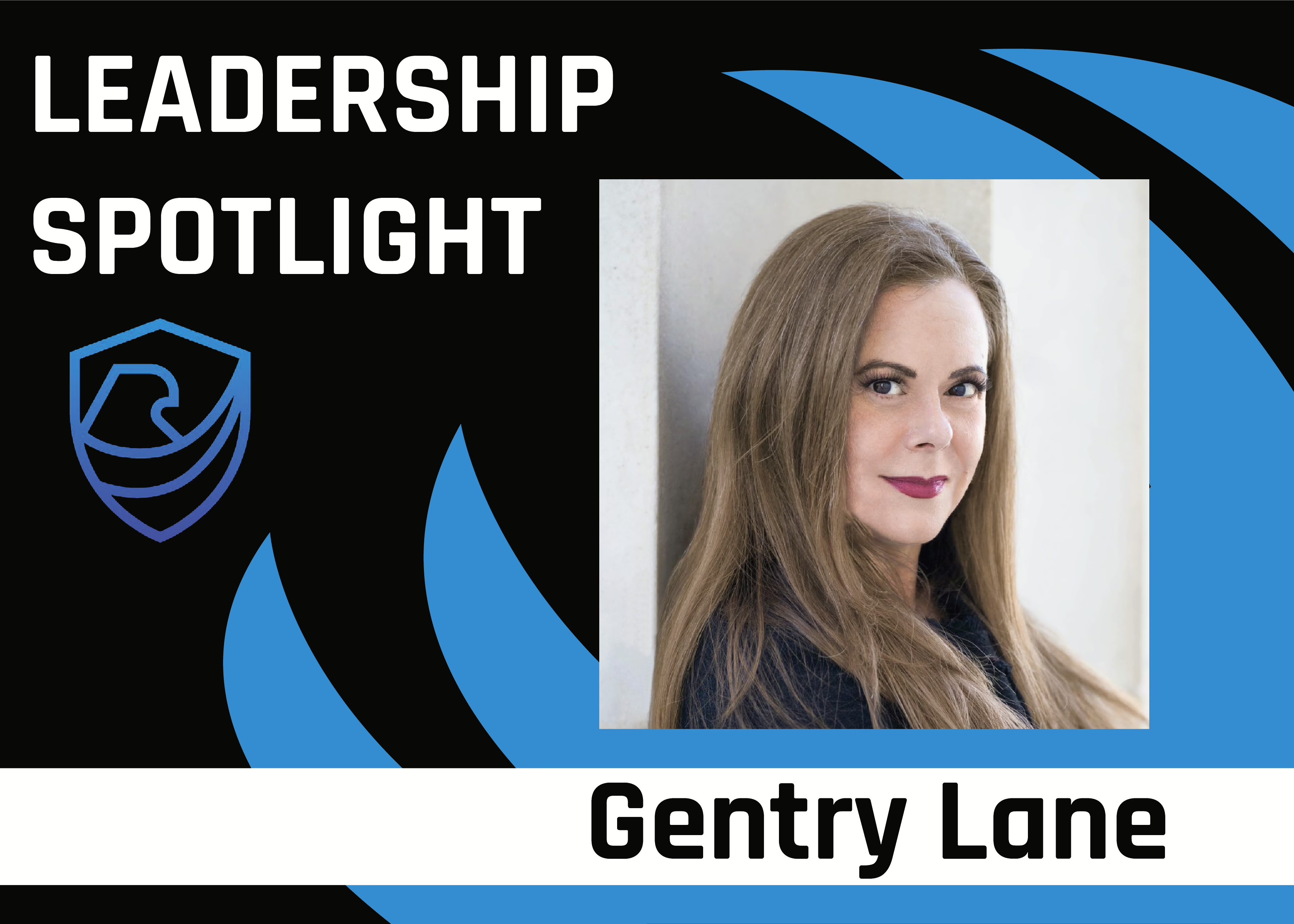Gentry Lane: CEO, CTO & Founder, Nemesis Global Cyberpower Strategist, Defense Technologist
Q: Your early career path spans online gaming, virtual reality, statistics, and computational security. What initially drew you toward the intersection of technology and national security, and how did those experiences shape your approach today?
A: I can tell you that I didn’t wake up one morning and say “hey I think the world needs another cybersecurity product. I’m going to build one of those.” Instead, it was a series of flukes and a very crooked career trajectory.
Q: You’ve held roles and contributed to efforts with global impact, including your position with the NATO Science & Technology Organization. How has your international work influenced the way you think about cybersecurity strategy and global threat landscapes?
A: It’s impossible to have an accurate assessment of the current condition if you never leave the US. In order to build a capability of value and understand its place in the current conflict, understanding the point of view of allies and adversaries is paramount. If not, it’s like looking at the battlespace through a straw. And you don’t get a deep enough level of understanding from reading foreign journals. Working with NATO STO is wonderful because I’m in constant contact with scientists, technologists and warfighters from partner countries. And I have the opportunity to present research at NATO conferences which gets me facetime with senior cyber officers and operators. I’m also an International Fellow at The Democratic Resilience Center (DRC) at Helmut Schmidt University. This gives me the opportunity to collaborate with academics from the world of diplomacy. Exposure to the non-American view of the world only helps my work.
Q: Cybersecurity is a field where many leaders arrive from different backgrounds. What was the moment or experience that made you realize this was the mission space where you wanted to build your career?
A: Several years ago, I developed an algorithm that identifies identity, intent, and integrity based on non-consumer behavior. Originally designed for the metaverse—specifically analyzing behavior in multiplayer games like Call of Duty— it focuses on how individuals solve problems in digital environments.
Just as advertisers infer purchases from browsing habits, my algorithm can infer who someone is (e.g., APT, criminal, lone hacker), mission objective (theft, reconnaissance, sabotage, etc.), and the likelihood of mission success, by how they act.
After tests and tweaking, the national security applications became apparent.
Q: Founding Nemesis Global was a bold move in a globally fast-moving sector (we love that you did it by the way). What inspired you to take this step and what gap did you see in the market, or what problem were you determined to solve—that inspired you to create the company?
A: The inspiration came from an out-of-the-blue phone call in 2016. It was an FBI agent who wanted to know if I was a Russian hacker. I am not. It wasn’t hard to prove, but I was neither reassured nor impressed by the Bureau’s deductive methods. It occurred to me that if Federal authorities can’t monitor what they bad guys are doing, they certainly can’t stop them. Understandably, no one wants any government agency to have access to your computer. So I saw the need for a trusted interlocuter and a technology could “see” the bad guy behavior, figure out who they were and what they’re trying to do, without violating your privacy. And that was the genesis for Nemesis.
Q: In your work across defense and cybersecurity, what do you see as the biggest blind spots or challenges facing the industry today, especially when it comes to national security and critical infrastructure?
A: The core issue is a misalignment in how we frame the problem. The companies that provide essential goods and services face relentless cyber aggression from militarized state actors. If these attacks came by air, the military would respond—yet in cyberspace, these companies are expected to defend themselves. Protecting the nation from foreign military threats is the DoD’s responsibility, but it fails to extend that duty to domestic cyberspace. When a local school district or grocery chain is left to face the PLA’s cyber forces, and the DoD can’t intervene because of Posse Comitatus—it’s a formula for defeat.
Q: Looking back at your journey, from your early career through launching Nemesis Global and engaging on the global stage, what advice would you give to the next generation of cyber leaders, especially those looking to innovate in this space?
A: To the people coming up: Keep automating. I know a lot of people put stock into workforce development, but SOC jobs are tedious and underappreciated. Let the machines do the hardest work. Current AI/ML applications really only represent the low-hanging fruit. There are so many other aspects of both cyber and national security that can be automated. I’d like to see less computational power on generating anime versions of your pet and more applications that will get the Internet back on track toward its initial purpose of connecting, educating and empowering people.
